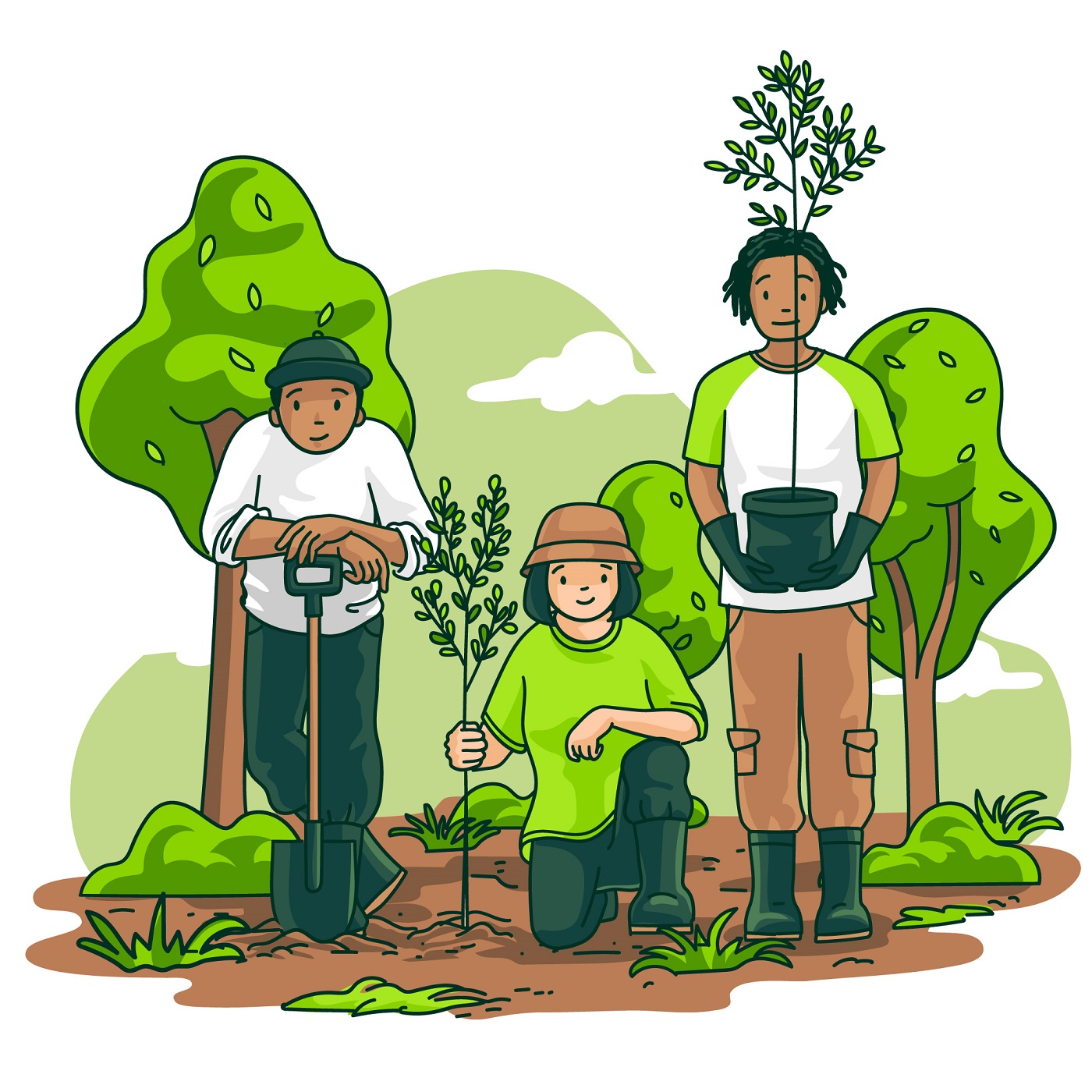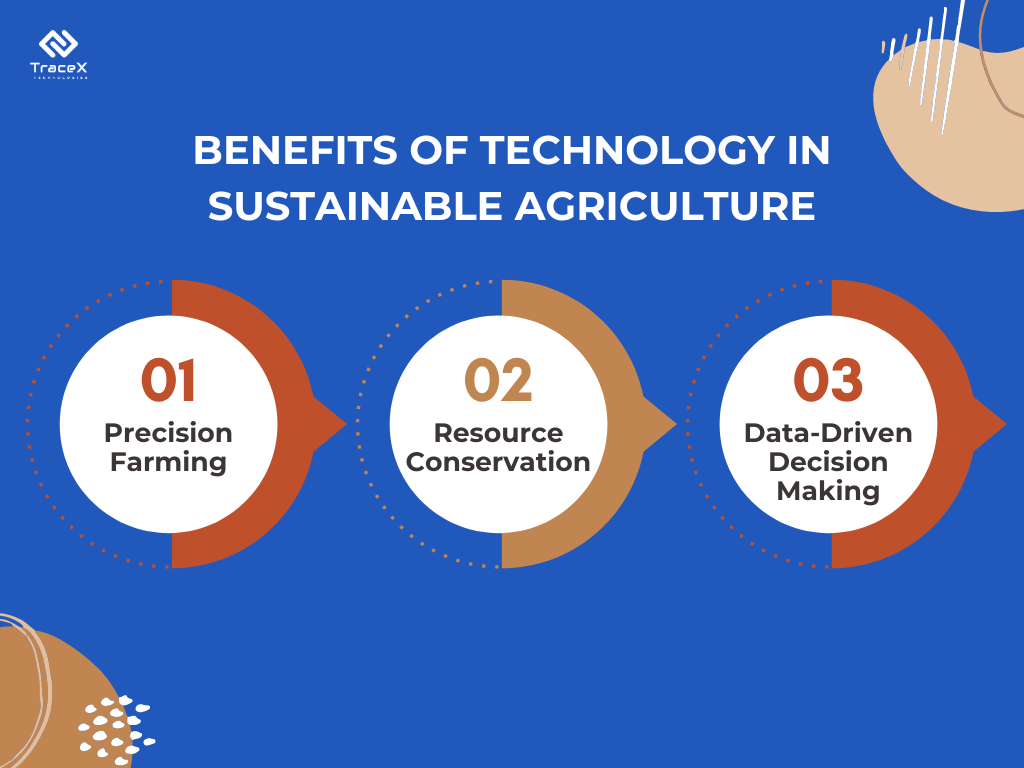Contact: +91 99725 24322 |
Menu
Menu
Quick summary: Explore strategies for promoting sustainable food production in the Philippines. Discover how policies, eco-friendly practices, technology, and community engagement can create a resilient food system for a healthier future.

The Philippines, with its rich agricultural heritage and diverse ecosystems, holds immense potential for sustainable food production. However, challenges such as climate change, resource depletion, and population growth demand innovative and sustainable approaches to agriculture. Promoting sustainable food production in the Philippines is not just an environmental imperative but also a socio-economic necessity. By integrating practices like regenerative agriculture, agroforestry, and sustainable irrigation, we can ensure food security, enhance farmer livelihoods, and protect the environment.
Sustainable food production is the practice of growing food in ways that are environmentally responsible, economically viable, and socially equitable. It focuses on meeting current food needs without compromising the ability of future generations to meet their own needs.
Resource Conservation- Sustainable practices help conserve water, soil, and other natural resources. Techniques like drip irrigation and no-till farming reduce water usage and soil erosion.
Biodiversity- By using diverse crops and livestock, sustainable farming supports a variety of species, which helps create more resilient ecosystems.
Pollution Reduction- Minimizing the use of chemical fertilizers and pesticides reduces pollution in water, air, and soil. Organic farming methods and integrated pest management are key strategies here.
Food Security- Sustainable agriculture aims to produce sufficient, nutritious food for all people. Local food systems and community-supported agriculture (CSA) models are examples of how this can be achieved.
Community Health- Access to healthy, locally grown food improves public health outcomes. Reducing the use of harmful chemicals also benefits the health of farm workers and nearby communities.
Rural Development-Supporting small and local farmers helps stimulate rural economies. Training and education in sustainable practices can empower farmers and improve their livelihoods.
Cost Savings-Sustainable practices can reduce costs by decreasing the need for expensive inputs like chemical fertilizers and pesticides. Techniques such as composting and crop rotation enhance soil fertility naturally.
Market Opportunities-There is a growing market for sustainably produced food. Consumers are increasingly willing to pay a premium for products that are organic, locally sourced, and sustainably produced.
Risk Management- Diversifying crops and adopting resilient farming practices can help manage risks associated with climate change and market fluctuations. Sustainable farms are often better equipped to withstand economic and environmental shocks.
Many Filipino farmers operate on tight budgets, which limits their ability to invest in sustainable farming technologies and practices. Sustainable agriculture often requires initial investments in equipment, organic fertilizers, and training, which can be prohibitively expensive for smallholder farmers.
Adopting sustainable practices requires knowledge and skills that many farmers lack. There is often insufficient access to education and training programs that teach sustainable farming techniques. Without proper training, farmers may be reluctant to switch from conventional methods that they are familiar with to new, unproven techniques.
Sustainable products often command higher prices, but smallholder farmers may struggle to access markets that value sustainability. There are also limited incentives from the government or private sector to encourage the adoption of sustainable practices. This lack of market access and financial incentives can dissuade farmers from transitioning to sustainable methods.
Government policies and regulations sometimes do not support sustainable agriculture or are inconsistent and poorly enforced. Policies may favor large-scale industrial farming over smallholder and sustainable farming practices. Moreover, there might be a lack of subsidies or financial support for farmers who wish to adopt sustainable methods.
Filipino farmers face significant environmental challenges, including extreme weather events, soil degradation, and water scarcity. These challenges are exacerbated by climate change and can make it more difficult to implement and sustain environmentally friendly farming practices.
In the Philippines, many farmers operate on small, fragmented plots of land. This fragmentation can make it difficult to implement sustainable practices that require larger, contiguous areas of land for methods like crop rotation or agroforestry.
Access to modern farming technology and digital tools is limited in many rural areas. Technologies that can aid in sustainable farming, such as precision agriculture tools, data analytics, and mobile applications for monitoring and management, are often unavailable to smallholder farmers.
The supply chain for sustainable agricultural inputs, such as organic seeds and fertilizers, is often underdeveloped. Farmers may find it difficult to source these inputs locally, leading to higher costs and logistical challenges.
Technological advancements have revolutionized agriculture by enhancing resource efficiency and improving farm management. In sustainable food production, technology plays a crucial role in optimizing the use of resources such as water, soil, and energy, while minimizing waste and environmental impact. The integration of advanced technologies allows farmers to make data-driven decisions, leading to more efficient and productive farming practices.

Examples of Technological Applications
Another sustainable farming method is organic farming, which supports the environmentally, socially, and economically responsible production of food and fibres without synthetically produced components.
Government policies and incentives play a crucial role in promoting sustainable agricultural practices by providing the necessary support and framework for farmers to adopt environmentally friendly and economically viable methods. These policies can drive widespread adoption of sustainable practices through regulation, financial support, education, and infrastructure development.
Establishing clear standards for sustainable agriculture helps ensure that farming practices meet environmental and social criteria. Regulations can mandate the reduction of chemical inputs, promote biodiversity, and protect natural resources. Example: Organic certification standards that farmers must meet to label their products as organic.
Governments can offer subsidies, grants, and low-interest loans to encourage farmers to adopt sustainable practices. These financial incentives can help offset the initial costs of transitioning to more sustainable methods. Example: Subsidies for organic fertilizers and biopesticides.
Creating and expanding markets for sustainably produced goods can increase demand and provide economic incentives for farmers. Governments can promote local and international markets for organic and sustainably produced food. Example: Export promotion programs for organic products
1. Republic Act 11511 (2020)
This act amends the Organic Agriculture Act of 2010, enhancing the framework for organic farming in the Philippines. It aims to promote and develop organic agriculture through various measures, including the establishment of organic zones, certification processes, and the creation of a national organic agricultural program.
2. National Organic Agriculture Program (NOAP)
NOAP aims to increase the adoption of organic farming practices across the country. It provides support through capacity-building activities, technical assistance, and financial aid to farmers and stakeholders.
3. Department of Agriculture (DA) Initiatives
The DA has launched several initiatives aimed at promoting sustainable agriculture, including climate-resilient farming programs, integrated pest management (IPM), and conservation agriculture.
TraceX blockchain food traceability platform can play a significant role in enhancing sustainable food production for organizations in several ways:
1. Traceability: It enable organizations to trace the journey of food products from farm to fork. This traceability helps in identifying inefficiencies or areas for improvement in the production process. By understanding the entire supply chain, organizations can optimize processes to reduce waste, improve resource efficiency, and ensure compliance with sustainability standards.
2. Supply Chain Transparency: The platform provides transparency across the supply chain, allowing organizations to monitor and verify the sustainability practices of their suppliers. This visibility helps in promoting ethical sourcing, reducing environmental impact, and ensuring compliance with sustainability certifications.
3. Data Analytics: The platform collects vast amounts of data throughout the food production and supply chain process. Analyzing this data can provide valuable insights into consumption patterns, production efficiencies, and areas for sustainable improvements. By leveraging data analytics, organizations can make informed decisions to optimize resource usage, minimize waste, and enhance overall sustainability.
4. Consumer Engagement: The platform allows customers to access information about the origin, production methods, and sustainability credentials of the food products they purchase through QR codes. This transparency builds trust and loyalty among environmentally conscious consumers and encourages sustainable purchasing decisions.
5. Compliance Management: The platform helps organizations comply with various sustainability regulations and certifications. By tracking and documenting each step of the production process, organizations can demonstrate adherence to sustainability standards and regulations, ensuring credibility and trust among stakeholders.
6. Risk Management: TraceX enables organizations to identify and mitigate risks associated with food production, such as contamination, fraud, or environmental degradation. By proactively monitoring the supply chain and implementing preventive measures, organizations can safeguard their operations and reputation while promoting sustainable practices.
Promoting sustainable food production in the Philippines requires a multi-faceted approach that addresses the complex challenges facing the agricultural sector. By implementing policies that support small-scale farmers, investing in eco-friendly farming practices, improving access to resources and technology, and raising awareness among consumers, the Philippines can work towards a more resilient and sustainable food system. Collaboration between government, NGOs, the private sector, and local communities is essential to drive meaningful change and ensure a future where nutritious food is produced in harmony with the environment. Together, we can build a more sustainable food future for the Philippines, one that nourishes both people and the planet for generations to come.
